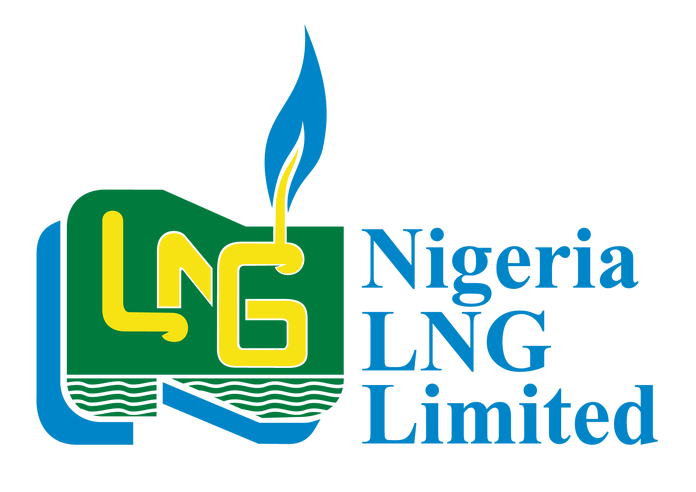- Nigeria Losing Competitive Edge in LNG Market – Attah
With several Liquefied Natural Gas projects in the country stalled over the past few years amid vast untapped gas reserves, Nigeria is losing its competitive advantage in the global LNG market, the Managing Director and Chief Executive Officer, Nigeria LNG Limited, Mr. Tony Attah, has said.
He stated this at the ongoing Nigeria International Petroleum Summit in Abuja, adding that projections put gas at the top of the most competitive and strategic investments in the global energy market.
Attah was quoted in a statement as saying, “Nigeria started 24 months after Qatar. Qatar now produces 77 million tonnes per annum and is the number one LNG supplier in the world, while Nigeria is still on 22 MTPA. Australia is already flooding the market and will knock down Qatar to the third or fourth place.
“In Africa, significant gas finds in excess of 127 trillion cubic feet in Mozambique have created the potential for another African super player. Mozambique is expected to become the second-largest exporter of liquefied natural gas by 2025, as the country steps up production from 10 million tonnes per annum in 2017 to an envisaged 50 Mtpa.”
Three LNG projects in Nigeria, namely, Olokola LNG, Brass LNG and the NLNG’s Train 7, have suffered setback as a result of the delay in taking final investment decision by the stakeholders.
The OK LNG project was stalled because all the international oil companies (BG, Shell and Chevron) withdrew from the project, with only the Nigerian National Petroleum Corporation left.
The Brass LNG project, which was designed to produce 10 million metric tonnes per annum, was to be built by the NNPC, Total, ConocoPhillips and Eni Group. But ConocoPhillips withdrew from the project in 2013.
According to Attah, the real investment opportunity was last year when prices were low.
“But it is not too late. That is why we need to take the decision on Train 7 now so we can stay within the Top 5 space. The future is gas and the NLNG is ready to play. It is time for gas.”
The NLNG MD said for Nigeria to remain competitive in the global oil and gas industry, upstream investment needed to be increased.
“It’s time to prepare for the likely demand outlook that’s positive, and has out-performed projections in the last three years. Let’s get back to exploration and production activities,” he added.
Other strategies recommended by Attah included stable regulatory framework and ease of doing business as well as strategic implementation of cost management by developing projects that “are competitive under current pricing, implementing structural cost-saving measures, such as standardised modular approaches to plant construction, and embarking on new E & P projects that have shorter payback periods.”
The Train 7 project by the NLNG is aimed at increasing its production capacity from the current 22 MTPA to 30 MTPA of the LNG.
Attah said a combination of factors would give gas an edge as the preferred energy of the future, adding that the global LNG trade was projected to nearly triple, from about 12Tcf in 2015 to around 31Tcf in 2040.
He said, “Electric power sector carbon emissions are projected to be flat through 2050 as a result of favourable market conditions for natural gas and supportive policies for renewables compared with coal. The projections are underpinned by the prospect of the global economy growing at an average rate of 3.4 per cent per year, a population that expands from 7.4 billion today to more than nine billion in 2040.
“Global energy consumption will increase in the future but on the other side of the fence, we also see the clamouring for cleaner energy rising and that is where gas comes in. Coal will be totally displaced as a source of energy, followed by crude oil. Oil will still be in demand but (particularly as a source of power) will go down by about 50 per cent.”
According to him, countries like the United Kingdom, Sweden, Norway and many other countries are making moves to significantly reduce their carbon footprint.
“Norway aims for all new passenger cars and vans sold in 2025 to be zero-emission vehicles while Sweden has committed to 100 per cent renewable energy by 2040.”

 Naira4 weeks ago
Naira4 weeks ago
 News3 weeks ago
News3 weeks ago
 Education4 weeks ago
Education4 weeks ago
 Social Media4 weeks ago
Social Media4 weeks ago
 Economy4 weeks ago
Economy4 weeks ago
 Investment4 weeks ago
Investment4 weeks ago
 Dividends4 weeks ago
Dividends4 weeks ago
 Business3 weeks ago
Business3 weeks ago





























